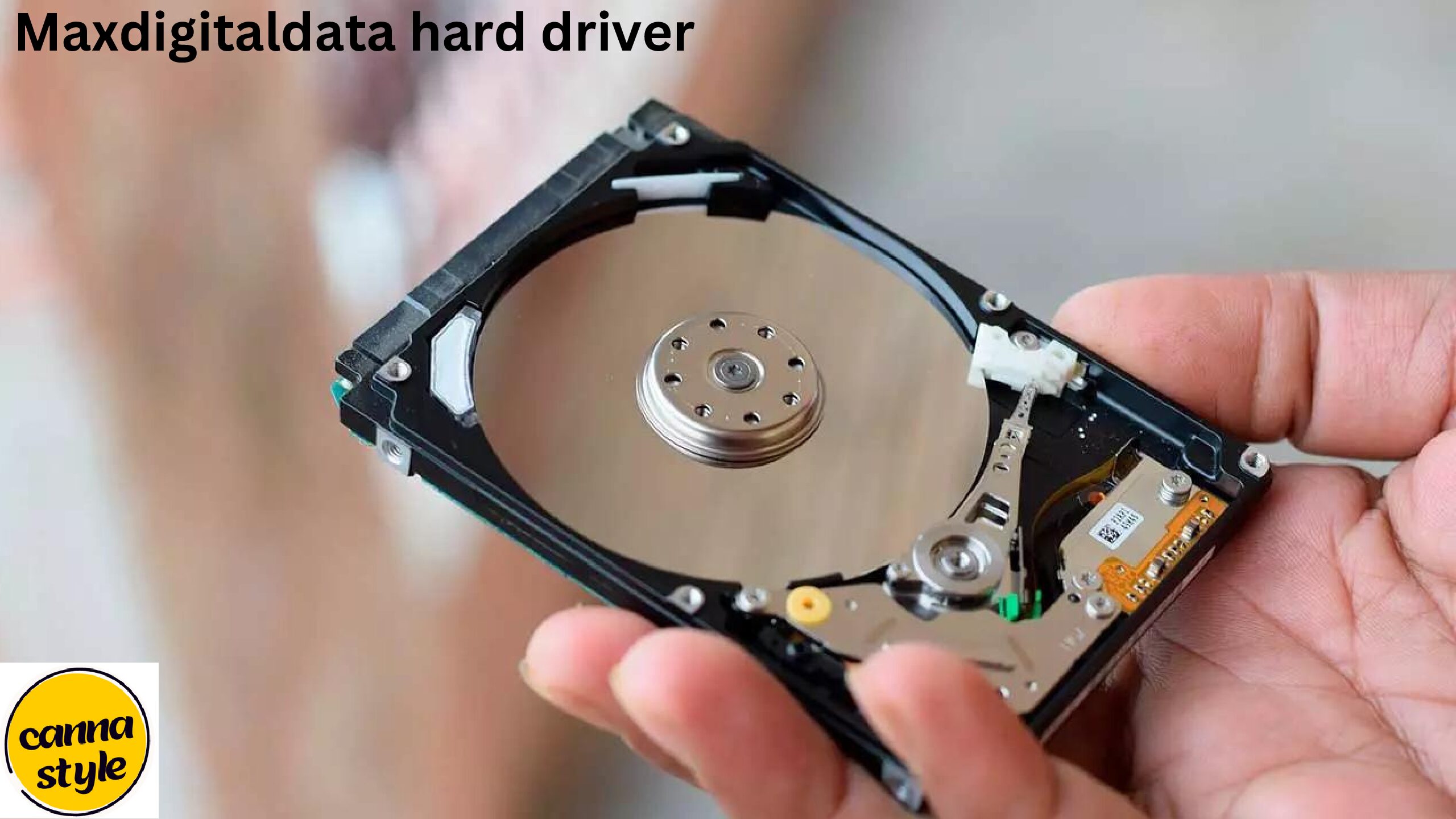The Wells Fargo Mouse Jiggler fired a tool designed to maintain a PC’s display screen energy by simulating mouse motion, has sparked a debate about its ethical implications. As companies screen employee productiveness, equipment like the Mouse Jiggler may be seen as a reaction to stringent oversight. This article examines the moral concerns of using such gadgets evaluating their effect on workplace dynamics and employee morale.
What is the Wells Fargo Mouse Jiggler?
Device Overview
The Wells Fargo Mouse Jiggler is a tool that stops a computer from going into sleep mode or locking with the aid of subtly shifting the cursor on the screen. While it was initially designed for comfort, its application in workplace settings has raised questions about its moral use.
Common Uses
Typically, mouse jigglers are used to ensure that a laptop stays lively in the course of extended intervals of inactivity. This may be useful in stopping interruptions in workflow, in particular in environments in which systems are set to automatically log off after a period of inactivity.
Ethical Considerations
Transparency in the Workplace
One primary ethical concern surrounding the Mouse Jiggler is transparency. Using any such device can be seen as a way to bypass employer regulations concerning laptop usage and monitoring. This increases questions about honesty and transparency among employees and employers.
Implications for Employee Trust
The use of mouse jigglers can be accepted as true among employees and control. If personnel the use of these gadgets to keep away from detection, it indicates a lack of consideration inside the place of work. Conversely, if control is counting on such equipment to screen productiveness, it may indicate an overemphasis on surveillance as opposed to fostering a subculture of agreement with and responsibility.
Legal and Policy Considerations
Company Policies
Many companies have unique regulations concerning the use of tools that affect pc activity. Employees should be aware of their organization’s stance on gadgets just like the Mouse Jiggler and make certain that their use aligns with agency regulations. Violating these guidelines can cause disciplinary movement or loss of consideration.
Legal Implications
While using a wells fargo mouse jiggler fired is not inherently illegal, its use will have prison implications depending on the context. For example, if an employee uses the tool to falsely constitute their productiveness, it may cause felony issues associated with employment contracts and overall performance expectancies.
Alternatives to Mouse Jigglers
Improving Workplace Culture
Rather than using devices to circumvent monitoring systems, companies might focus on improving workplace culture and employee engagement. Creating a supportive and trusting environment can enhance productivity and reduce the need for such tools.
Technological Solutions
On the turn side, relying on a Mouse Jiggler might also mask underlying issues with productivity or process pride. It may be a transient solution that doesn’t address the basic causes of performance troubles, along with a lack of motivation or inefficient work approaches.
Conclusion
The moral implications of the use of the Wells Fargo Mouse Jiggler fired are multifaceted. While it may provide practical benefits, inclusive of stopping interruptions. Its use increases essential questions on transparency, consideration, and productiveness. Companies and personnel alike should not forget those elements when figuring out whether to apply such gadgets. Ultimately, fostering a subculture of trust and exploring alternative answers may also offer more sustainable and moral techniques for handling productiveness.







